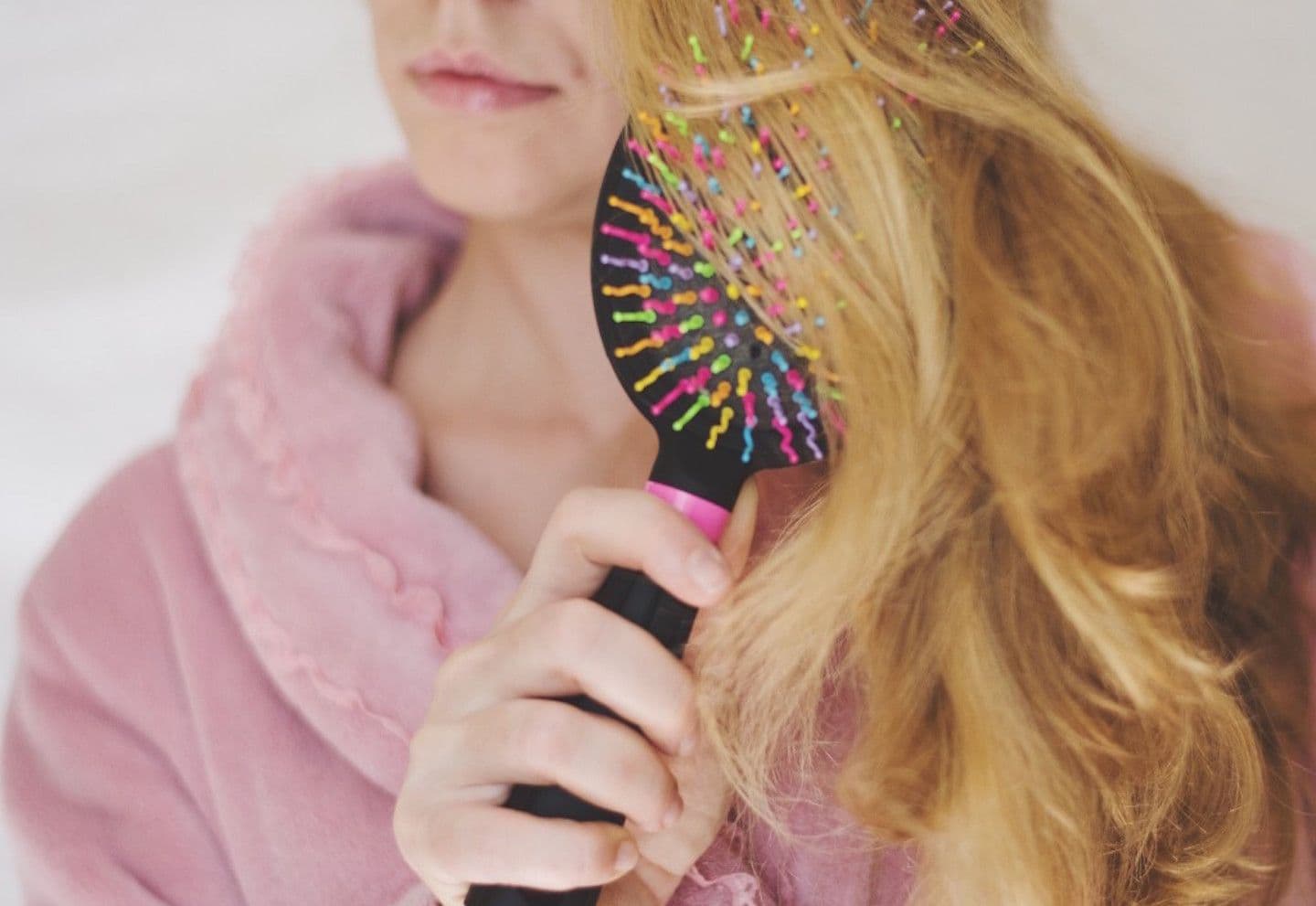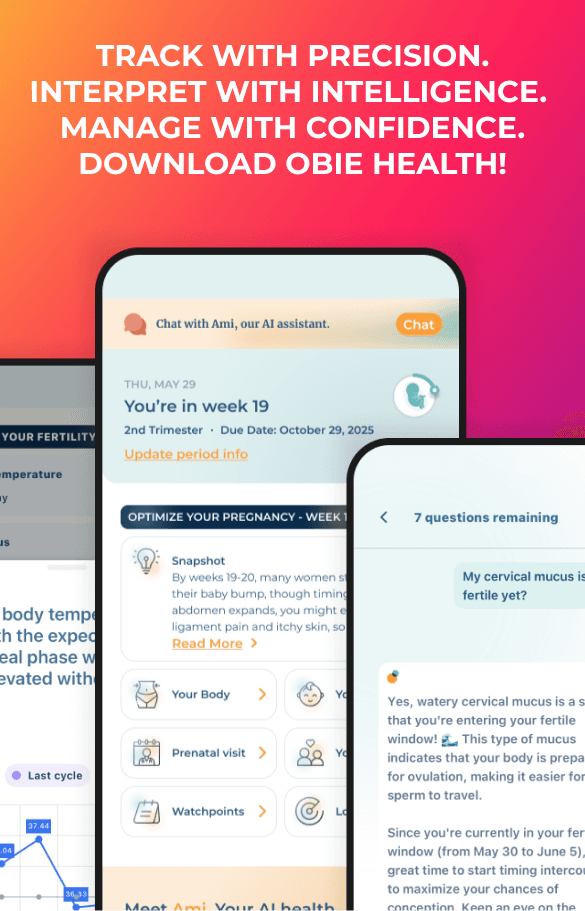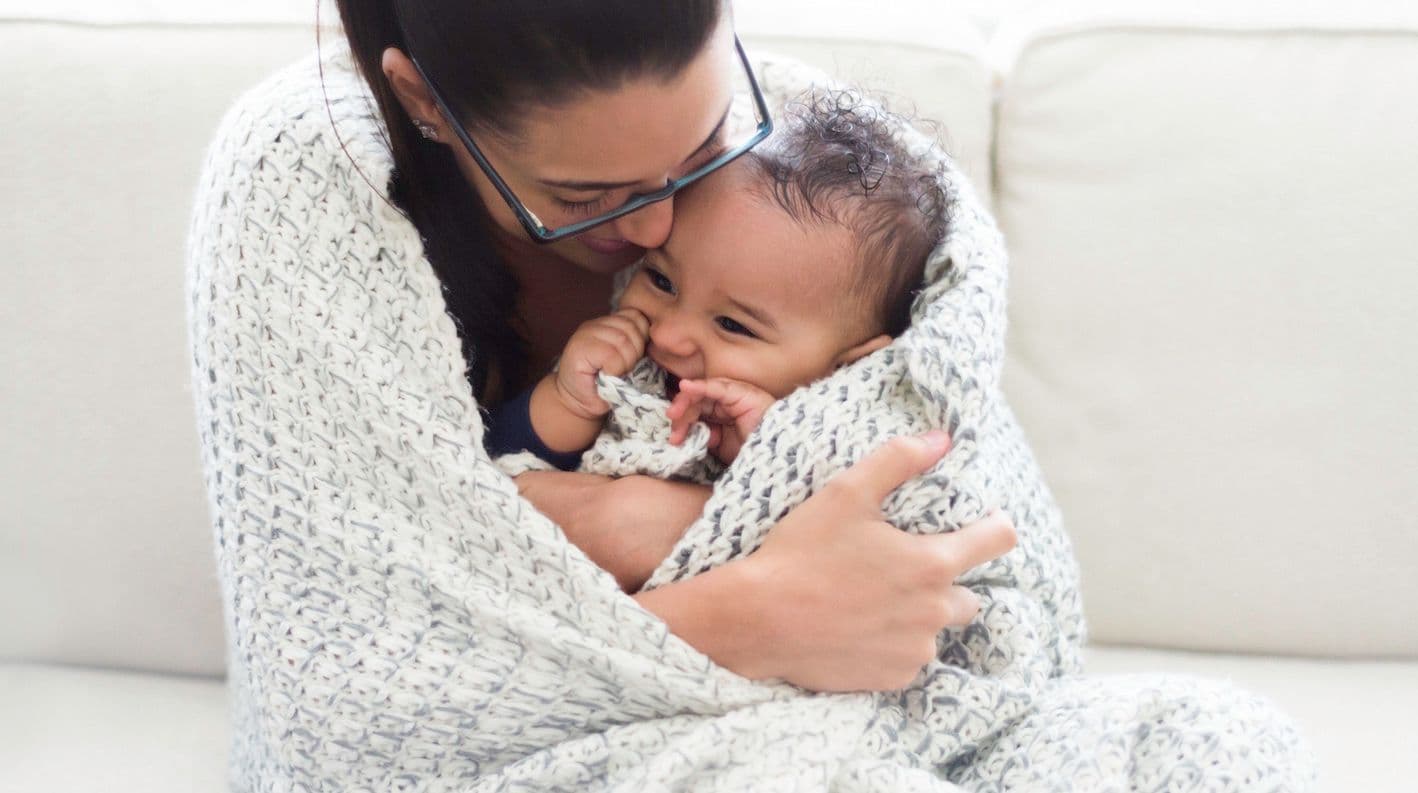Hair Loss Postpartum
Baby & Child
Obie Editorial Team

You have just given birth to your wonderful new bundle of joy, and now all of a sudden, after dealing with all the other “joys” of pregnancy, you are losing all your hair! First, relax, because you are no different than millions of other women. Now, keep reading to find out what causes the hair loss, what you can do about it, and how long you can expect it to last.
Postpartum hair loss
At any time, 90% of your hair is growing, and 10% of your hair is in what is known as the resting phase. The drop in hormones as your body returns to normal after delivery will likely cause you to lose some of your hair. This hair loss should not be enough to produce any bald spots or create any issues with appearance. Even when you are not pregnant or during postpartum, you can lose a lot of hair as a normal part of life. If you experience an abnormal loss of hair, you may want to consult your doctor. If you lose a lot of hair during pregnancy, this is likely due to a vitamin deficiency. The hair loss you experience after delivery should decrease and return to normal within three to four months, when your body resumes a normal hormone cycle. A key part of this hair loss is that the hair you would normally lose during your pregnancy (that your body is holding on to as a result of the hormones) may fall out all at once as the hormones work to return to their normal levels. This is one of the main reasons pregnant women usually have great looking hair.
How to cope
In the mean time, if you are having trouble coping with the hair loss, keep these things in mind.
- Eat a diet with lots of fruits and vegetables that are full of vitamins to promote hair growth and healthy follicles. The high fiber and antioxidants will encourage and promote hair growth.
- Use a low heat setting when you are using a blow dryer, because this will decrease the damage to your hair.
- Be gentle when you hair is wet, because this is the most fragile state your hair can be in. Using brushes or combing the hair roughly will promote breakage.
- Wear your hair down, rather than up in a pony tail or any style that pulls on the hair and creates stress and tension on it.
- Supplement your diet with good vitamins like A, B6, B12, and zinc to promote the health of the hair follicle.
- Use shampoos and conditioners with ingredients like biotin and silica to strengthen your hair.











